Breaking Into the Industry: A Guide for Aspiring Actors with Insights from The Talent House
For actors looking to carve out a lasting career in theatre, film, or television, few agencies are as experienced and grounded in artist development as The Talent […]
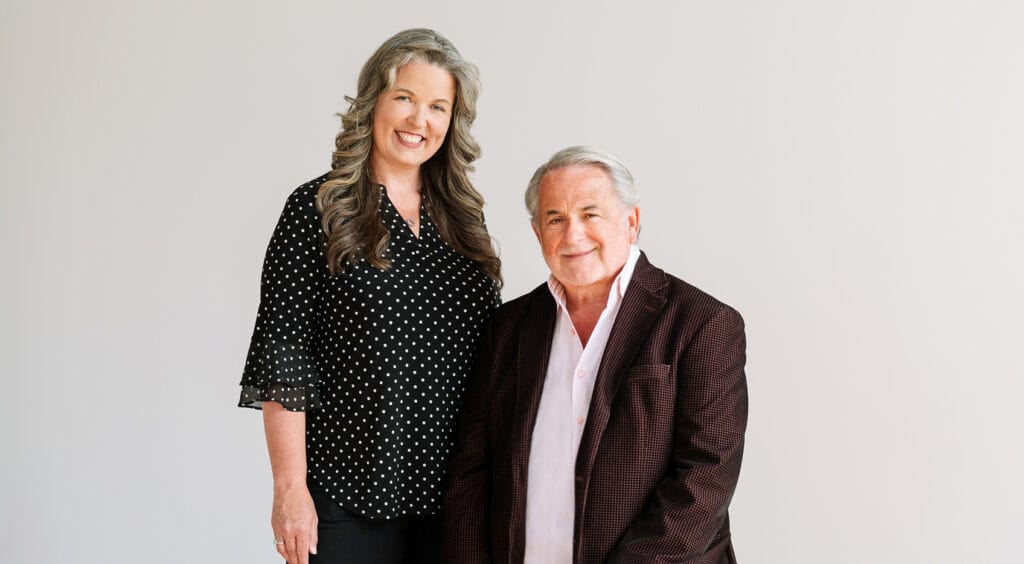
For actors looking to carve out a lasting career in theatre, film, or television, few agencies are as experienced and grounded in artist development as The Talent House. Led by Bruce Dean, who has over 40 years of experience, and his daughter Rachael Dean, Talent House is a staple in the Canadian and international acting communities. In a recent interview for Center Stage, Bruce and Rachael Dean shared essential advice for actors navigating the industry today.
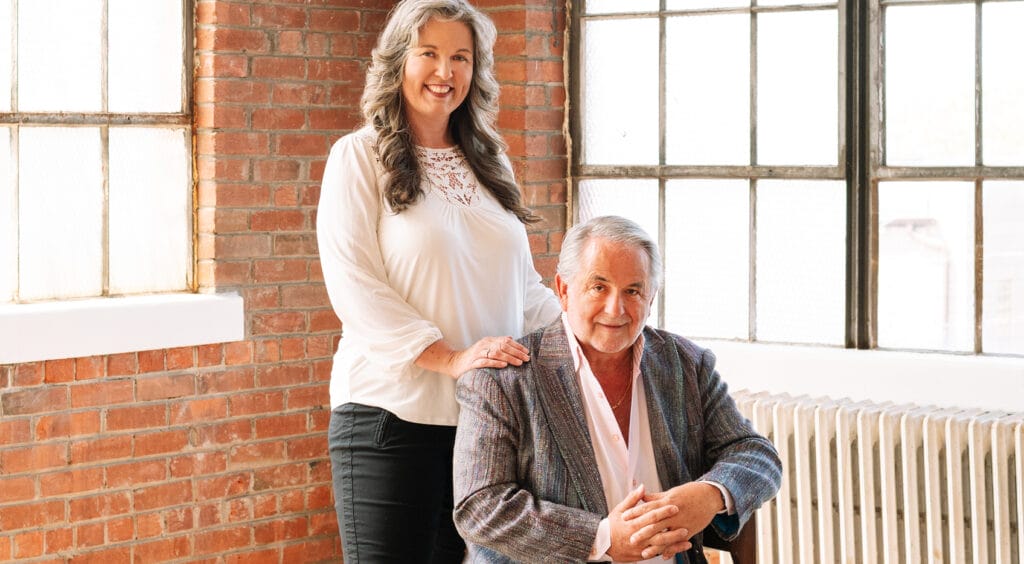
The Talent House
The Talent House is a principal agency representing artists nationally with offices in Toronto and New York City. They service talent across Canada and internationally across all mediums – Theatre, Film and TV, Animation, Commercials, Voice Over and Motion Capture.
For over 40 years, Bruce Dean has led The Talent House with a deep commitment to artist development and a strong sense of community. That same family-minded approach became even more meaningful when his daughter, Rachael Dean, officially joined the agency full-time a decade ago. Her arrival marked more than a generational shift—it was a pivotal moment of growth and renewal. Together, Bruce and Rachael have built a collaborative leadership model that blends decades of industry expertise with fresh perspective.
As the media landscape continues to evolve, their partnership ensures that The Talent House remains not only a cornerstone of the Canadian and international acting communities but also a forward-thinking agency ready to meet the demands of a rapidly changing industry.
With a commitment to performers, The Talent House represents a wide range of professionals—directors, choreographers, designers, actors, voiceover artists, and more—who are working at the top of their game and gaining international recognition. They also work with artists just emerging from school or entering the business and help develop them with the intention of reaching their goals. They pride themselves on a collaborative approach to artistic development that allows us to grow with our clients in every medium.
In this interview, Bruce Dean & Rachael Dean share their most valuable insights ideal for any actor at the start of their journey or looking to take the next step.

Know What You Want
One of the most important—and most overlooked—foundations of an actor’s career is having a clear sense of personal and professional goals. The team at The Talent House stresses that this clarity directly influences how well an agent or manager can advocate for their client.
“The more focused the actor is and the more they know, ‘My goal is to do principal roles in theatre or film,’ the better we can support them,” explains Bruce Dean. “An actor has to know what they want. We can’t guide someone who doesn’t know where they want to go.”
This sense of direction affects every decision: from what auditions to pursue, to which training opportunities to invest in, to which roles to accept or decline. Rachael Dean highlights how crucial ongoing communication is in this process. “The clients who are actively communicating with us about what shows they’re interested in, or where they see themselves growing, are the ones we can help most effectively,” she says.
Actors should treat their relationship with their agent as a partnership. That means being proactive about sharing updates on training, personal developments, or new ambitions. As Rachael points out, “Sometimes we don’t know that someone has been working with a vocal coach or taken up dance classes to expand their skill set. The more we know, the more targeted we can be in advocating for them.”
Bruce further emphasizes the importance of self-reflection early in a career. “Some actors come to us and they just say, ‘I want to work.’ That’s not enough. Do you want to be in musical theatre? Film? TV? Commercials? Voice work? Do you want to tour or stay local? The more specific you are, the more we can focus our efforts to get you the right opportunities.”
While goals may evolve over time, having a road map—even a flexible one—gives actors and their representation the best chance of success. As Rachael notes, “Your aspirations might change, and that’s perfectly normal. But keeping that open dialogue helps us move with you and opens more doors along the way.”
The Talent House approach is rooted in this collaboration. They encourage actors to view agents not just as gatekeepers to jobs, but as professional allies in crafting a sustainable, fulfilling career.
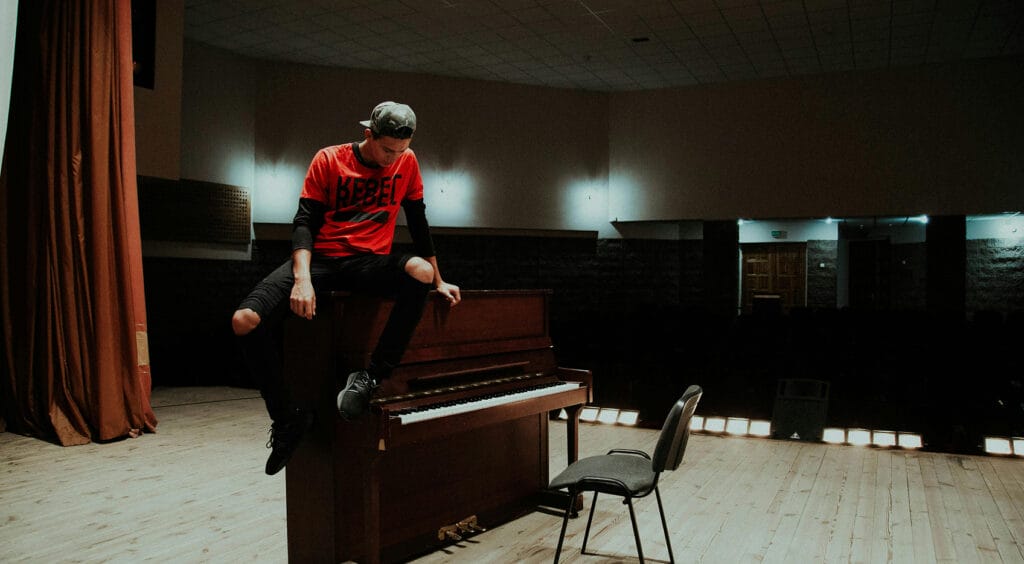
Commit to Lifelong Training
Both Deans strongly advocate that training never stops. Whether you’ve just graduated from theatre school or you’ve starred in major productions, there is always something to learn.
“Even if you’ve done ten leads on Broadway, you need to keep taking classes—whether that’s vocal work, scene study, dance, or speech classes,” says Bruce.
For actors looking to transition from film or commercials into theatre, Rachael advises, “Foundational training is vital. Rehearsal halls for theatre are very different from days on set. Understanding those differences will help an actor succeed.”
Dance classes can also be valuable networking opportunities. “Many choreographers teach classes between projects, and being visible there can be the thing that gets you cast,” notes Rachael.
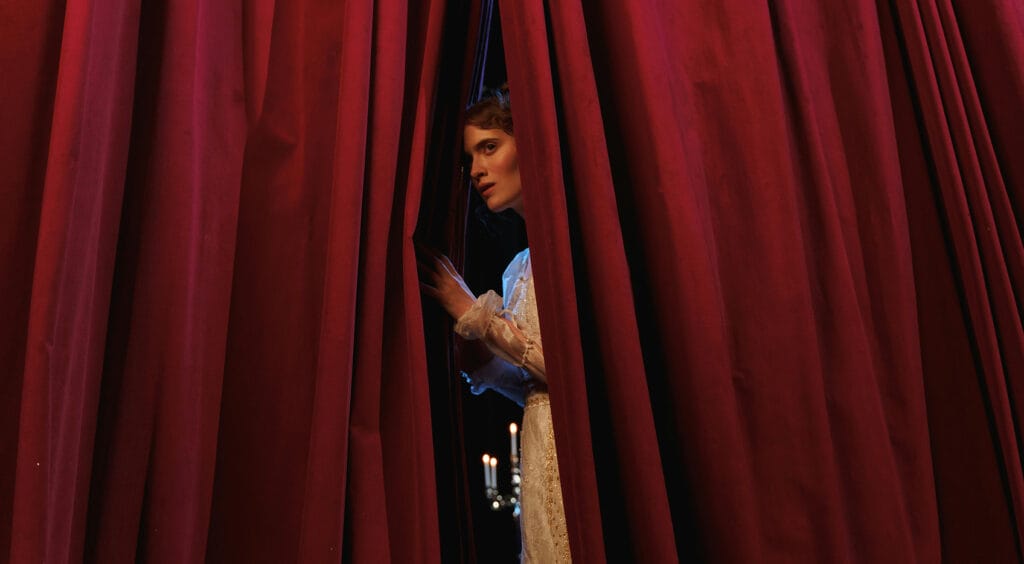
Embrace Understudying and Small Roles
For many actors, the ambition to land lead roles can sometimes cause them to overlook the immense value of smaller parts and understudy opportunities. At The Talent House, Bruce and Rachael Dean encourage their clients to adopt a long-term view and recognize that every role is a stepping stone toward career advancement.
“Understudying is one of the most strategic ways to get your foot in the door and be seen for bigger parts,” says Rachael Dean. “I’ve seen actors work tirelessly in smaller roles, or as understudies for years, and then one day get the call for the dream role they’ve been preparing for. That’s always one of my favorite calls to make—the excitement on the other end of the line when it finally happens is unforgettable.”
The process of understudying may not come with the glamour or immediate recognition of a starring role, but it offers something just as valuable: visibility and trust. As Rachael explains, “Directors, artistic directors, and the rest of the production team watch the understudies closely, especially during put-in rehearsals. It’s their chance to prove they can handle the demands of the lead role, sometimes under intense pressure.”
Bruce Dean also reminds actors that the path to prominent roles is rarely direct. “Some actors spend years building their craft in the ensemble or covering multiple small parts. It’s not about being ‘stuck’ in supporting roles; it’s about demonstrating professionalism, versatility, and reliability. Directors remember the actors who show up prepared, flexible, and ready to jump in at a moment’s notice.”
Rachael further encourages actors not to shy away from these opportunities: “Especially post-COVID, there’s been a renewed focus on ensuring productions have strong understudies. We now see regular offers for actors to take on covering roles as part of major contracts. Embracing those chances can help an actor shift from being seen as a reliable ensemble member to being seriously considered for principal casting.”
Bruce and Rachael stress that actors should never underestimate the power of showing commitment to a company, even when the immediate reward isn’t a headline role. “Theatre companies notice dedication,” says Bruce. “We’ve had clients who stayed with the same company, took smaller parts season after season, and then when the lead role opened up, they were the obvious choice. Directors and producers value that loyalty and consistency.”
The bottom line from The Talent House: be patient, stay hungry, and be willing to work hard at every level of your career. “Those are some of the best moments in our work,” Rachael concludes. “When we get to tell an actor that their hard work and persistence has paid off, and they’re stepping into the spotlight.”
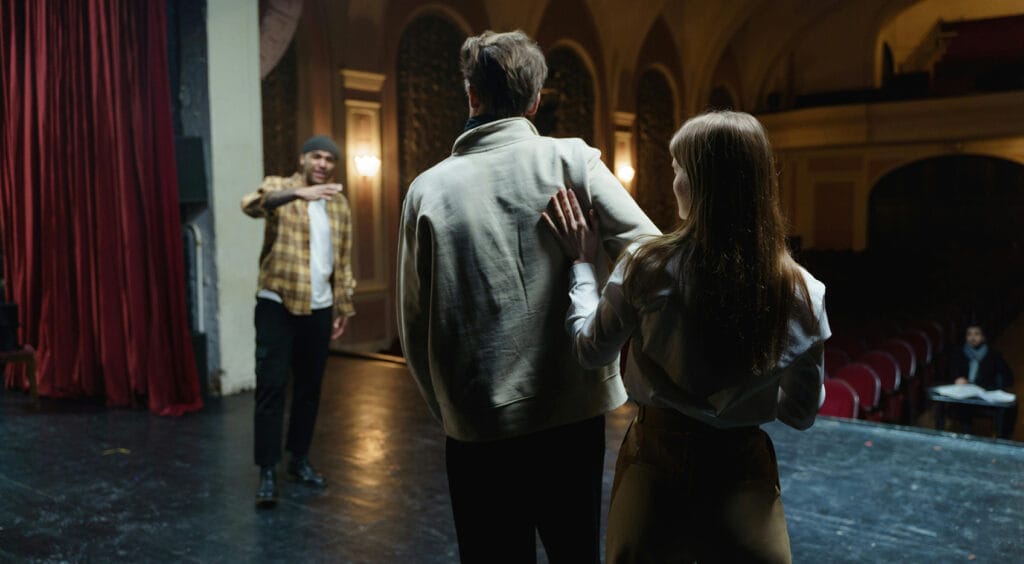
Network, But Be Authentic
Networking is often misunderstood as a transactional process. According to The Talent House, it’s about relationship-building, not aggressively seeking opportunities.
“There’s a fine line between networking and being obnoxious,” Bruce cautions. “I advise people to go to as many openings as they can and get to know the artistic community.”
Rachael adds, “Attend arts workers nights, play readings, monologue slams, and volunteer at theatres. Offer to usher. But never ask for a job at an opening night. You’re there to build relationships, not to pitch yourself.”
Actors are also encouraged to reach out to mentors. “Ask if you can take them for coffee to pick their brains. Many will say yes if they have the time,” says Rachael.
Self-Taping
Post-COVID, self-taping has become standard practice and has drastically changed the audition process.
“I like self-tapes as an agent because I get to see the work before it goes out,” says Rachael. “But we don’t get to give notes, and actors lose the opportunity for in-the-room feedback from directors.”
Bruce is candid about the pros and cons: “Being in the room is always best. A director might say, ‘Try this completely differently’ just to see if you can take direction. That flexibility is lost with a self-tape.”
Nonetheless, self-taping has made it easier for actors outside major hubs to get auditions. “We have clients in Calgary, Edmonton, Halifax, and Winnipeg. Self-tapes let them stay close to family and community, with the understanding they may have to fly in on short notice for a callback,” says Bruce.
Canadian and Regional Theatre Experience Matters
Canadian theatre credits are highly respected internationally and can be a bridge to Broadway or the West End.
“Absolutely Canadian credits count,” says Bruce. “I can name at least three major productions in Toronto right now that have British directors and choreographers. There’s been an increase in performers considering London as a next step.”
Rachael points out that the quality of regional theatre across Canada is world-class. “We just got back from Calgary and Edmonton. The theatre there is as good as anything we see in Ontario. Great theatre exists everywhere—not just in big cities.”
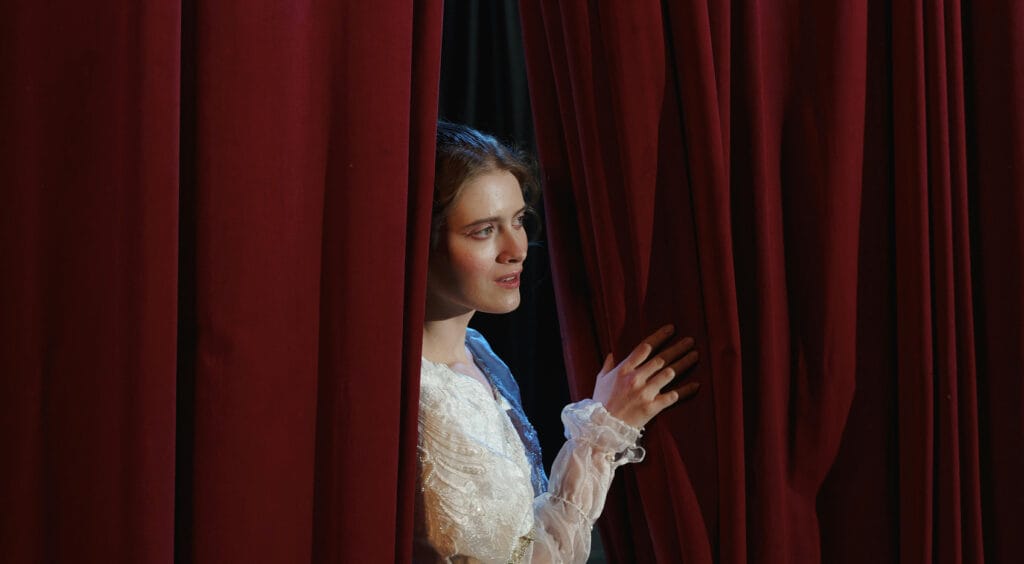
Broadway Dreams: Focus, Luck, and Preparation
For many actors, Broadway represents the ultimate professional achievement—the bright lights, the legacy stages, the prestige. But Bruce and Rachael Dean of The Talent House are quick to point out that there is no single formula for getting there. It requires a mix of preparation, persistence, networking, and often, a touch of luck.
“There’s no magic checklist that guarantees Broadway,” Bruce states. “It’s about knowing your craft, being relentless about training, and sometimes just being in the right place at the right time.”
For Canadian actors or those based in New York, the prospect of breaking into the Broadway scene can seem daunting. The financial commitment alone—from relocating to paying for classes and audition expenses—can be a barrier. “If you’re coming from somewhere like Calgary, Cleveland, or Winnipeg, you need to be realistic about the costs involved in moving to New York and starting fresh,” Bruce explains. “It’s a very expensive proposition, and the competition is fierce.”
That said, the Deans emphasize that strong credits from respected Canadian theatres or regional productions can absolutely help open doors. “Canadian experience counts,” Rachael affirms. “We’ve had clients who built outstanding résumés in Canada and that positioned them for opportunities abroad. Directors and casting professionals know the quality of Canadian training and productions.”
Sometimes the road to Broadway isn’t direct. There are alternative paths that can lead to the big stage. Rachael describes one of them: “You might book a touring production first. Some shows start here, go on tour, and then move to Broadway. Or you might join as a replacement actor after a show has opened. Those kinds of paths are common and offer incredible experience along the way.”
Networking and personal relationships remain crucial. “It’s harder to get an agent or manager in New York without substantial credits,” Bruce explains. “So actors need to leverage every opportunity to be seen. Take classes, attend open calls, participate in workshops—those connections can lead to the right audition at the right time.”
Actors also need to prepare for the physical and emotional realities of the Broadway track. “If you’re being called to dance auditions, you can’t send in a tape. You have to be there in person, competing against others,” says Bruce. “And even then, being the best dancer doesn’t guarantee the part. It could come down to chemistry with the cast or a director’s vision.”
Rachael adds a note of encouragement: “Don’t get discouraged. Many actors don’t realize that the people they admire on Broadway today spent years building their résumés in smaller markets and roles. Keep pushing yourself, keep training, and keep showing up. That determination can and does pay off.”
The Talent House philosophy around Broadway ambitions is pragmatic yet optimistic: dream big, work hard, stay prepared, and always be ready to pivot when opportunity knocks.
The industry is competitive and constantly evolving, but Bruce and Rachael Dean remain optimistic about the power of hard work and connection.
“At the end of the day, it’s about passion,” says Bruce. “You do it for the love of the craft. There aren’t enough jobs for everyone, but when it clicks, it’s magic.”
The Talent House continues to stand as a beacon for actors at every stage of their careers, offering not just representation, but genuine partnership in their artistic journey.


